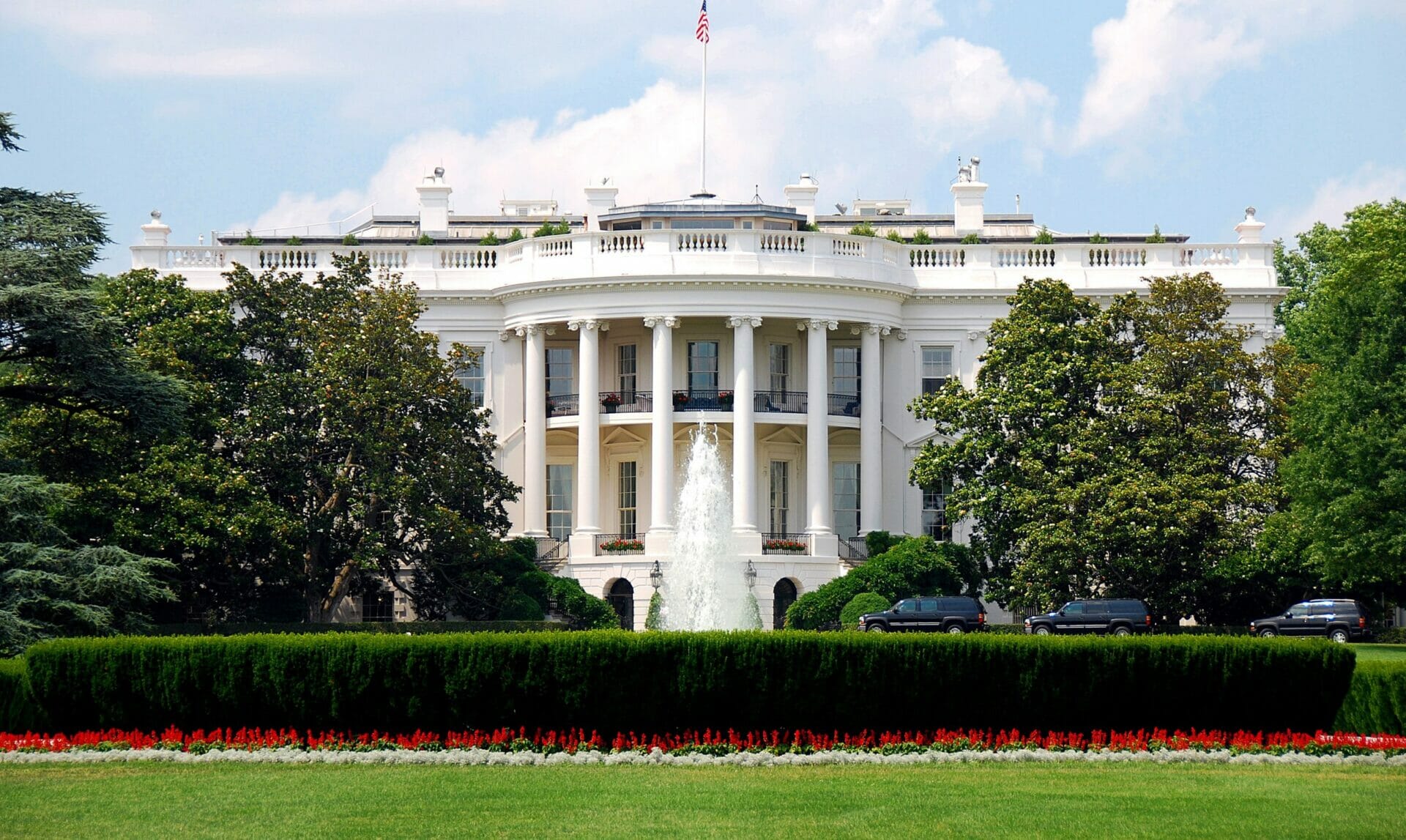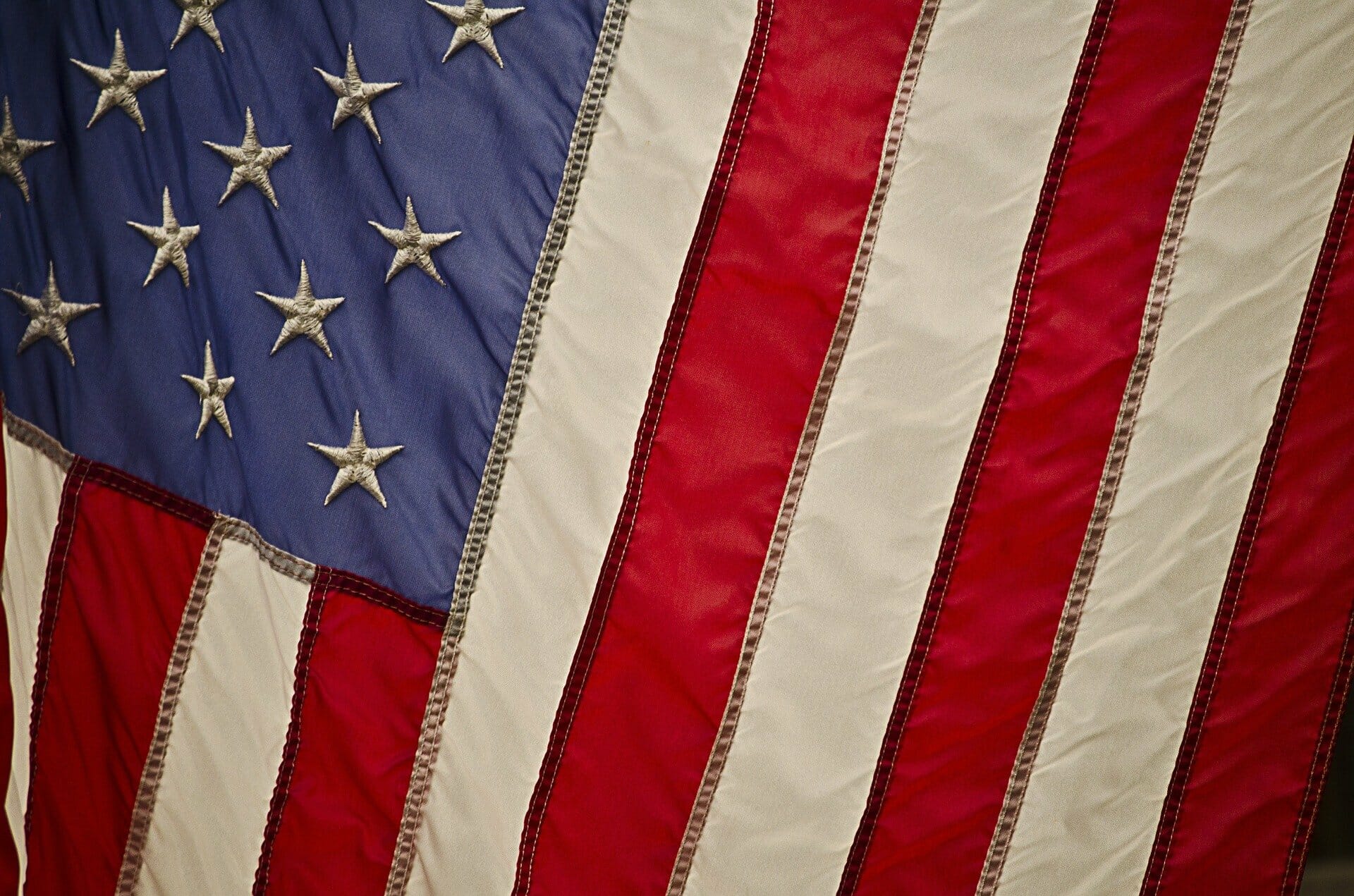
Wag the Dog | When comedy looks like reality
Year
Runtime
Director
Cinematographer
Production Designer
Music by
Country
Format
Genre
By
Why does the dog wag its tail? Because the dog is smarter than its tail. If the tail were smarter, it would wag the dog.
These are the opening lines of Barry Levinson’s 1997 political satire Wag the Dog, a movie whose title (like Gaslight before it, or Catfish after) quickly entered into common usage as its own idiom. Although the phrase “wag the dog” was first seen in the 1858 play Our American Cousin, it took on a very specific – and lasting – meaning after the release of Levinson’s film, defined by Merriam Webster as “superfluous (military) action in order to distract from domestic scandal.”
Directing America’s history
Many real-world examples of “wagging the dog” are by now familiar, but the domestic scandal in this story (loosely adapted from Larry Beinhart’s novel American Hero) is as follows: the president (never pictured) has been accused of sexual misconduct with an underage Firefly girl, just 11 days before re-election. Spin doctor Conrad Brean (Robert De Niro) is brought in to quell the impending backlash from American voters and decides the most expedient way to do so is to start a war with Albania – but only on TV. With the help of Hollywood producer Stanley Motss (Dustin Hoffman bearing a close resemblance to famed producer Robert Evans) and the eccentric pseudo-writer’s room he assembles, Breane plays director not only to the story he constructs but to American history as well.
A prescient satire
A month after the film’s release the Monica Lewinski scandal broke, followed by the Clinton administration’s 1998 bombing of the Al-Shifa pharmaceutical factory in Sudan, and suddenly Wag the Dog began to look less like an outlandish black comedy and more like reality. But the 1997 satire was prescient beyond its cynical prediction of coming events.
It foresaw the role digital image manipulation would play in propaganda and the use of marketing tactics in Bush’s Iraq war. It exposed the machinations involved in protecting important men from the allegations they incur, foreshadowing the revelations of the #MeToo movement. And it analyzed, with uncomfortable clarity, the overlap between Hollywood (and its personalities) and Washington D.C.
Beinhart, Mamet, or Levinson could not have known that one day a reality TV star would end up seated behind the desk in the oval office. And yet, when Hoffman’s Motts strokes that same desk and quietly remarks that, with a simple pivot, he very easily could have ended up there instead of in Hollywood, one would think he’s directing that line straight at today’s audiences.
Tag
Buy a ☕ for Hypercritic










